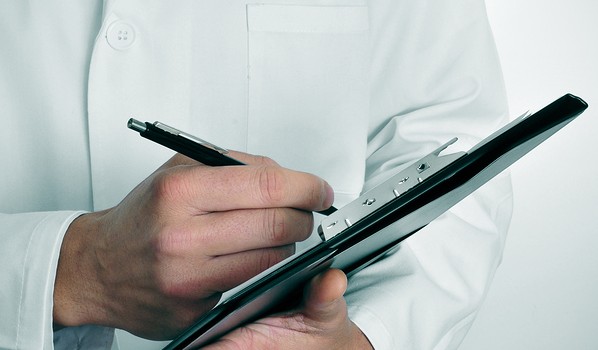Everybody has them. If you think you’re an exception, ask your PA, scrub or circulator and get ready to be surprised. I’m talking about bizarre little rituals in the operating room. They’re usually innocuous, arbitrary habits, but if neglected, make the entire case feel “off”. Maybe you always have to be the one to clip the tourniquet towel; maybe it’s a double knot in your surgical gown; perhaps it’s a piece of clothing or the music playing. Aside from giving each surgeon his or her own character, such habits can be helpful.
The technical term for performing such rituals is “activating good-luck-related superstitions” and there’s real evidence that it works. A 2010 study in Psychological Science showed that such superstitions improve performance, confidence and persistence. Indeed, this study found better performance and linked it to participants being more confident, and that confidence increased persistence (Damish et al. Keep your fingers crossed! Psychological Science; 2010:21(7):1014-20). So, even though your little superstition may seem bizarre, it’s not crazy.
But you can take it too far. Excessive ritual and routine can keep others from being at their best and able to help you. Although anecdotal, we can each recall a time when we felt uncomfortable speaking up, and both patient and surgeon can suffer if everyone doesn’t feel comfortable enough to contribute. Further, if you’re too wed to routine, when speed bumps invariably come, you may be too out of sorts to do your best.
So, tie your special knots, fire up your personal playlist and add whatever flourishes make the case yours. But be open to some degree of unpredictability. Besides, you never know when you might find your next good luck charm.

